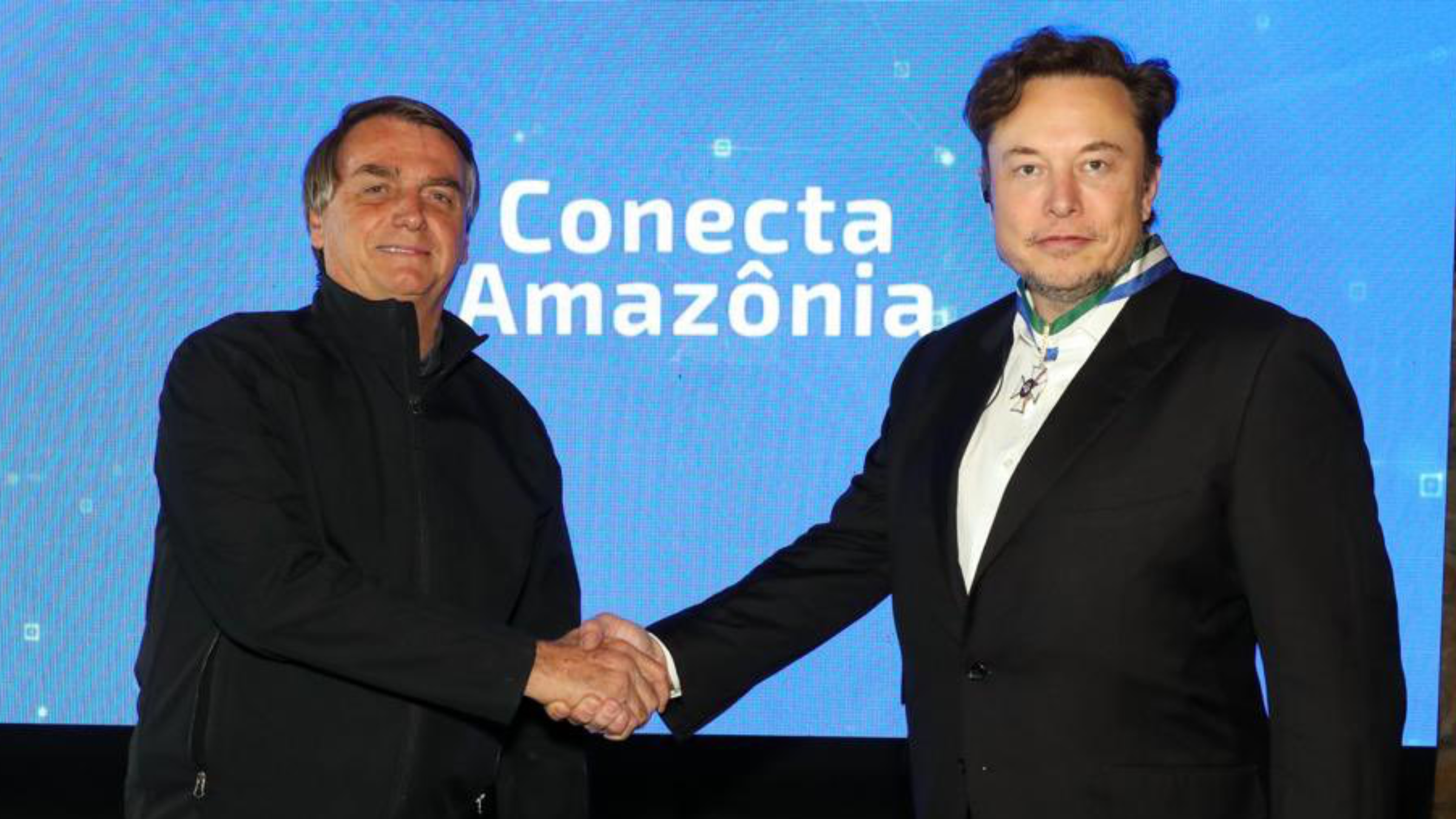
On April 7, Elon Musk struck out at a Brazilian Supreme Court justice, branding him “Brazil’s Darth Vader.” For the past several years, Brazilian authorities have been cracking down on the digital platforms where far-right activists organize — an effort that gained steam after an attempted coup in the capital of Brasilia by supporters of former president Jair Bolsonaro on January 8, 2023. Justice Alexandre de Moraes has been leading the charge, and he recently turned his attention to Twitter/X.
The court issued an order to Twitter/X demanding it remove certain accounts related to its investigation, and the platform initially complied without making a big deal of it. That shouldn’t come as a surprise: the company regularly acts on government requests; the percentage it complies with has actually significantly increased since Musk took over, despite his frequent grandstanding about censorship and free speech. But Musk already had ties with the Brazilian far right, and they likely used that connection to get him to declare war on the court and de Moraes specifically. He’d already been meddling in Brazilian politics with the recent release of a Brazilian version of the Twitter Files.
On April 6, Twitter/X’s Global Affairs account posted a longtweet to go public about having to suspend particular accounts and making it very clear that the company’s representatives did not agree with the actions they had to take. “We believe that such orders are not in accordance with the Marco Civil da Internet or the Brazilian Federal Constitution,” the longtweet read. “The people of Brazil, regardless of their political beliefs, are entitled to freedom of speech, due process, and transparency from their own authorities.”
Not long after, Musk posted that all content restrictions in the country would be lifted. The following day he continued, urging Brazilians to download a VPN, saying the demands of the court would be published in full, and calling for de Moraes to be impeached — echoing a longstanding campaign by the Brazilian far right and Bolsonaro himself. Needless to say, Brazilian authorities were not happy to see a foreign billionaire so vigorously refusing to comply with domestic court orders.
Fighting for digital sovereignty
Musk’s posts prompted a swift response within Brazil. “It is urgent to regulate social networks,” posted Attorney General Jorge Messias to Musk’s platform. “We cannot live in a society in which billionaires domiciled abroad have control of social networks and put themselves in a position to violate the rule of law, failing to comply with court orders and threatening our authorities.” De Moraes acted quickly to launch an inquiry into the legality of Musk’s “disinformation campaign” and added him to a criminal investigation looking into anti-democratic acts by “digital militias.”
The president of the Federal Supreme Court, Luís Roberto Barroso, was even more forceful about the threat Musk’s actions represented by seeking to shield the far right from accountability. “They are trying to use Brazil as a laboratory on how to interfere in local politics and local businesses,” he wrote in a statement. “They are making the case that their decision is more important than the national decision from a state democratic institution.” Political and judicial leaders made it clear they would not stand for any refusal to comply with what many see as reasonable measures. President Lula da Silva even made an account on rival platform Bluesky, building on his existing active presence on Threads.
In declaring war on Brazil’s democratic institutions at the urging of the extreme right, Musk is not only further demonstrating his commitment to using Twitter/X to promote the rise of global fascism; he also calls into question the more widespread and longstanding use of the cudgel of an American conception of free speech by US digital advocates to delegitimize attempts to regulate the internet. Brazil’s fight is not just about taking on Musk’s influence and the power of Bolsonarismo, but also setting a new standard for the regulation of social media platforms that other democratic governments outside the United States can look to for inspiration.
Opening the doors to fascists
Twitter/X has not released the demands of the court, as Musk said it would, and the same day he made that claim the administrator of the company’s Brazilian office, Diego de Lima Gualda, submitted his resignation. Presumably, he didn’t want to face fines or jail time for following Musk’s orders. The company risks being fined $20,000 a day if it doesn’t comply with the court’s orders, and it could even be hit with a complete ban in the country.
Elon Musk is elevating the global extreme right
Soon after Musk took over Twitter, he fired nearly all the company’s Brazilian staff, including those who moderated the platform for misinformation and incitement to violence, and opened the floodgates to local fascists, just as he did in so many other countries with his amnesty on previously banned far-right accounts. Bolsonaro was a fan of Musk’s plan to buy the platform, calling it a “fresh breath of hope” when Musk visited Brazil in May 2022. According to the Washington Post, Musk’s decisions ensured Twitter was “heavily used by a circle of right-wing influencers” to spread false narratives about election fraud leading up to the attempted coup.
After Musk announced he would stop respecting the court’s orders, Brazilian media listed some of the Bolsonaro supporters and far-right agitators he could restore to the platform. Among them are far-right blogger Allan dos Santos, who fled to the United States in 2020 to avoid arrest, and YouTuber Bruno Aiub (or Monark), who argued for the recognition of a Nazi Party in Brazil. The Brazilian far right is eager to gain an even greater foothold on Musk’s platform, but just because he hears from them doesn’t mean he has a good grasp of wider Brazilian opinion on what he’s been trying to do.
Brazil has more rapidly and successfully gone after its coup plotters than the United States has, and even though the far right demonizes de Moraes, he is “widely considered to have played a role in protecting Brazilian democracy during the 2022 presidential election,” according to the Financial Times. While de Moraes’ actions may occasionally seem extreme, they are also in response to the storming of the highest governing bodies of a country with a much more recent memory of dictatorship. They’re even more justified when you consider that Brazil — like many countries around the world — does not hold the same absolutist conception of free speech as the United States.
The meaning of free speech
Musk loves to claim that his increasingly unhinged and belligerent actions are simply the result of his defense of free speech, yet it’s become very clear that his conception of “free speech” is a political tool to forward the cause of the extreme right, not to defend everyone’s right to say what they want. There are plenty of examples of this since his takeover of Twitter, but it’s easiest to demonstrate with some of his moderation decisions.
In Brazil, Musk acted quickly to allow the Brazilian far right back on the platform after he took over, as he did in many other places. He has frequently said that he would fight attempts at “censorship,” whether from governments or former advertisers. Yet in India, Twitter/X has become an important tool of censorship and information control for the far-right, Hindu-nationalist government of Narendra Modi. Musk has allowed the removal of posts critical of Modi, along with the suspension of journalists and political opponents. That’s quite different from how Musk has been acting in Brazil. In India, the far-right government is free to shape the platform, but when Brazilian authorities try to respond to the threat Musk’s decisions pose to their democratic institutions, he lashes out and calls that the real censorship — because it targets the Bolsonaro supporters and the political program he supports.
As João Brant, digital policy secretary for Brazil’s Secretariat of Social Communication, recently told Wired, “We have a background that is different from the US. It’s more similar to the European concept of freedom of expression.” Since the internet emerged from the United States, there has been an effort to have the US conception of free speech pushed onto the rest of the world because it benefited the US tech companies that rode the internet’s coattails into international markets. But different societies have their own standards of acceptable discourse — and for Brazil, planning to overthrow a democratically elected government is a step too far, regardless of what an American billionaire might think. As Bloomberg columnist Juan Pablo Spinetto explained, “Are calls to overthrow a democratically elected government protected by free speech? It may be the case in the US under the first amendment, but in other developed countries such speech can well be considered sedition.”
The TikTok ban is all about preserving US power
For several decades, US social media platforms were largely free to do as they wanted abroad because of the narrative of all the benefits that were supposed to accompany digital tech, but also because US hegemony protected them from burdensome regulation. As US dominance wanes, so too does the privileged status of its tech companies and the notion that countries just need to accept US dominance of their internet sectors. China aside, Brazil’s campaign against Twitter/X and social media more broadly could mark an important moment in the shift toward a different conception of the internet in a multipolar world.
Challenging the power of social media
In his response to Musk’s tweets refusing to comply with court orders, Justice de Moraes argued that Twitter/X’s actions were “not only abuse of economic power, by trying to ILLEGALLY impact public opinion, but also flagrant induction and instigation to maintain various criminal conducts practiced by the digital militias under investigation.” In short, Brazil would not stand for it, and it seems one of Musk’s yes men dared to talk some sense into him.
On April 15, Reuters reported that Musk’s lawyers contradicted the previous statements of their boss. “As already communicated to the federal police, X Brasil informs that all orders issued by this Supreme Court and the Superior Electoral Court will continue to be fully complied with by X Corp,” they wrote in a letter to de Moraes. This could lead to Musk’s brief Brazil saga fading out of people’s memories as he undoubtedly gets himself embroiled in other scandals in the coming weeks, but it doesn’t change the fundamental point.
The digital revolution has failed
The internet is entering a new era. It may not yet be fully clear what it will look like, but we can be certain that social media platforms are in for more regulation than they’ve seen in the previous two decades as people are no longer falling for the hype and deception they relied on to get away with degrading and capitalizing on our communications for so long. That isn’t inherently a violation of free expression, as understood by many countries, but a necessary correction to align their operations with the laws and values of the countries in which they operate.
Brazil is right to challenge Musk’s policy changes designed to turn Twitter/X into a haven and organizing ground for the global far right — and it shouldn’t stop there. Communications platforms aren’t just profit machines for major corporations or political playthings for US billionaires. If they don’t serve the publics that use them, they should be forced to change. And if they won’t comply, that’s all well and good; they can be replaced with something else that will.

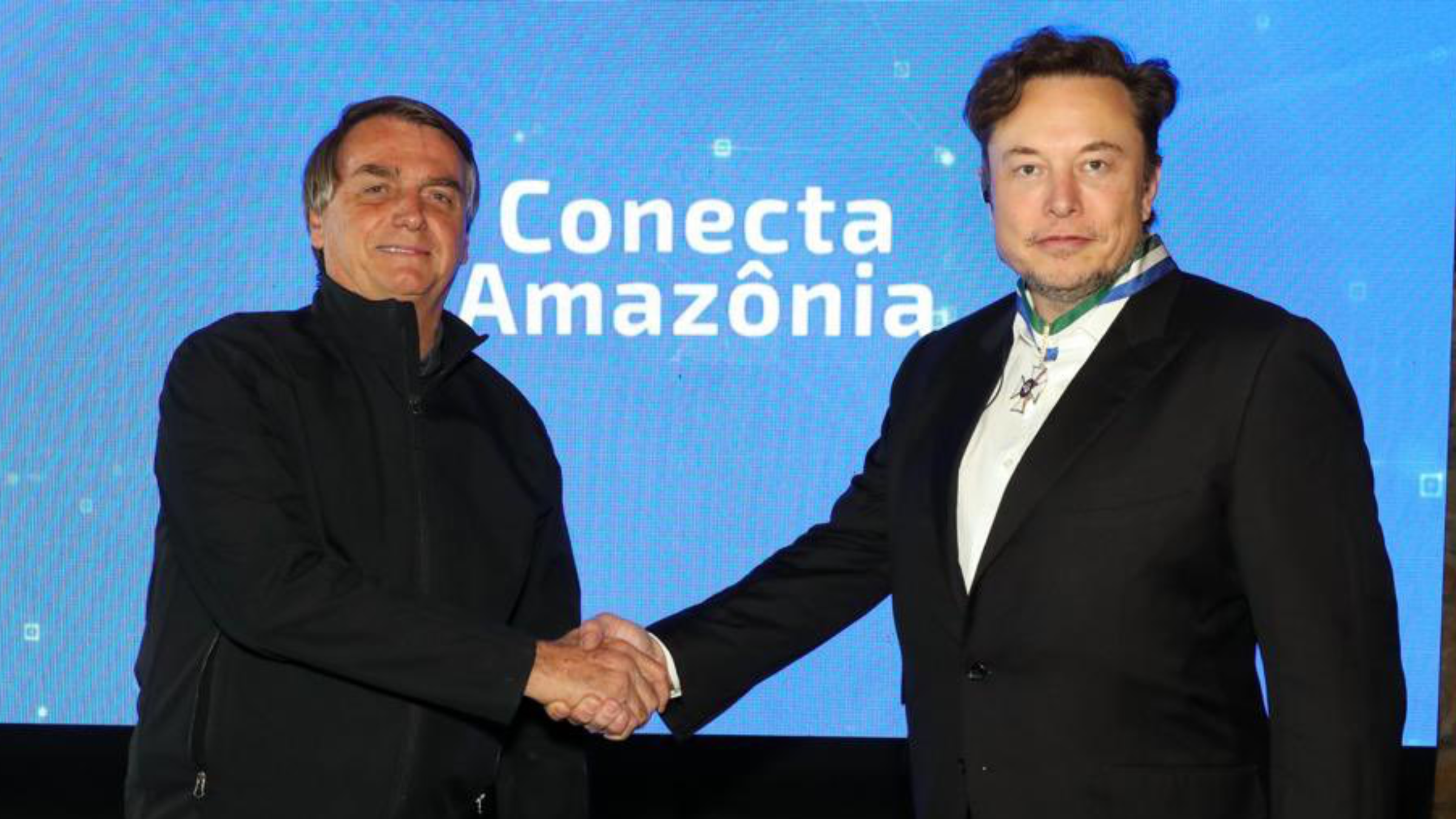
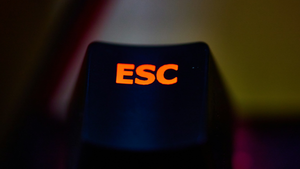


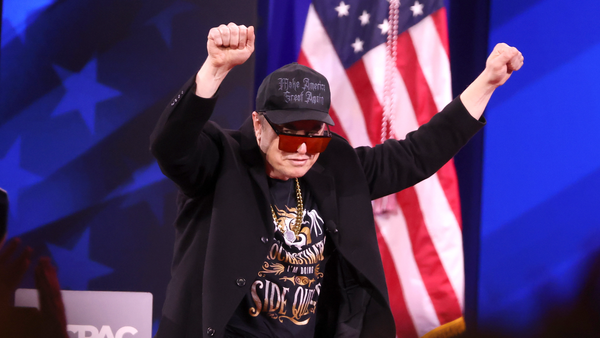
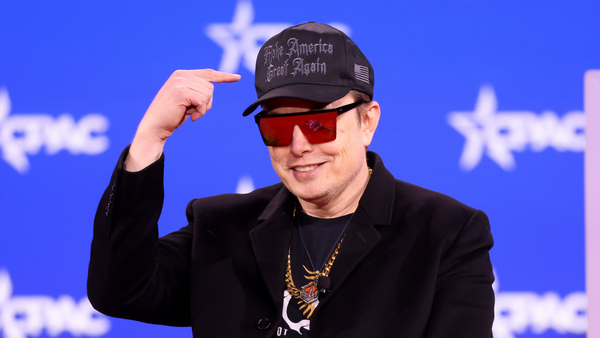


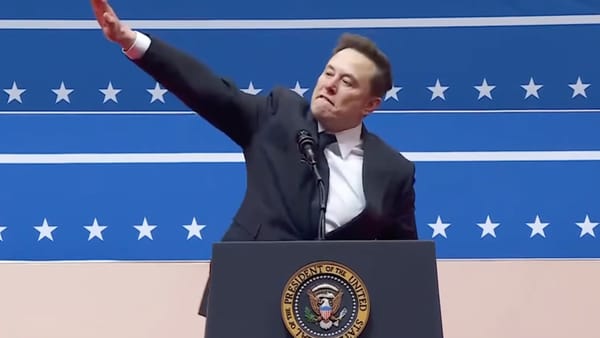
Member discussion